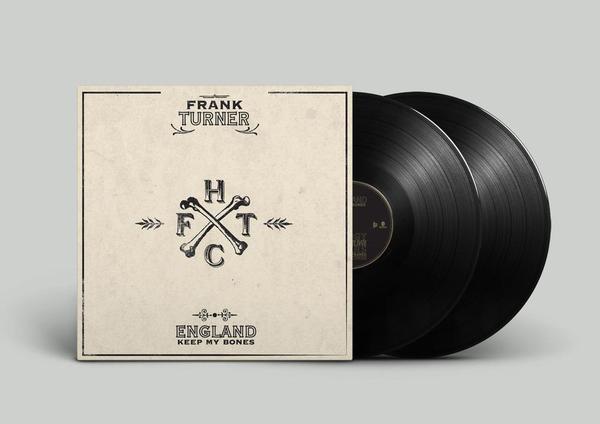TikTok Star GK Barry Chats Pryzm, Forbes and Studying at Nottingham Trent University
TikTok sensation Grace Keeling - better known by her nom de guerre, GK Barry - has come a long way since starting out as a fresh-faced film student at NTU three years ago. We catch up with TikTok’s queen of comedy to talk about her career as a content creator, cancel culture, and how her appearance in a different magazine tops this one… *cries*









